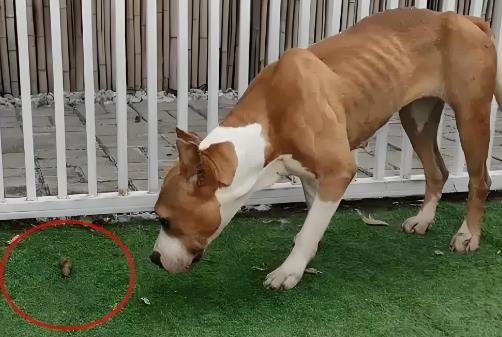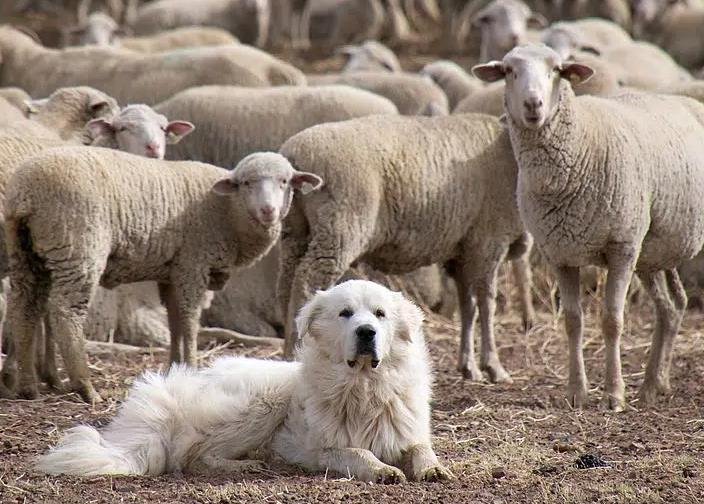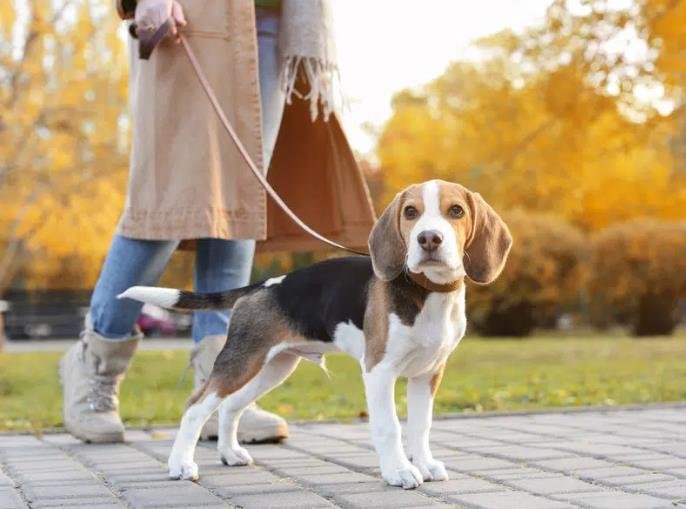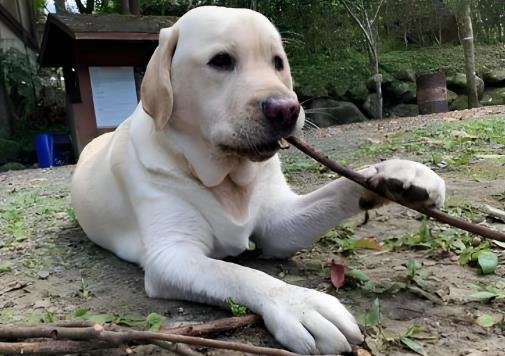I remember hearing that sometimes dogs eat their own poop or other animals’ poop, which is called coprophagia. But why do they do that?
First, maybe it’s something nutritional. If a dog isn’t getting enough nutrients from their food, they might try to eat poop to compensate. I think some vitamins or minerals missing could lead to this behavior. Also, maybe the dog’s diet isn’t balanced, so they seek out other sources. But I’m not sure if that’s the main reason.
Another thought is that it could be related to their instincts. In the wild, animals sometimes eat feces to keep their den clean, especially mothers with puppies. So maybe domestic dogs have that leftover instinct. But if the dog is older and not a mother, would that still apply?
Stress or anxiety might be a factor. If a dog is in a stressful environment, they might develop unusual behaviors like eating poop. Boredom could also play a role. Dogs that don’t get enough mental or physical stimulation might resort to poop eating out of boredom. So ensuring they have enough exercise and toys could help.
There’s also the possibility of medical issues. Parasites, digestive problems, or diseases that affect nutrient absorption could lead a dog to eat poop. For example, if a dog has worms, they might not absorb nutrients properly and feel hungry all the time, leading them to eat poop. It’s important to rule out medical causes first by consulting a vet.
How about the behavior being learned? If a dog sees another dog eating poop, they might mimic that behavior. Or maybe the owner’s reaction when the dog poops accidentally reinforces the behavior. Like, if the owner scolds the dog for pooping inside, the dog might eat the poop to hide the evidence to avoid punishment.
Now, how to stop it. I’ve heard that adding certain substances to the dog’s food can make their poop taste bad, like meat tenderizers or pumpkin. But I’m not sure how effective that is. Also, keeping the environment clean by immediately picking up poop so the dog doesn’t have access to it. Training commands like “leave it” could be useful. Positive reinforcement when the dog ignores the poop.

Dietary changes might help. High-quality dog food with all necessary nutrients. Maybe adding probiotics or digestive enzymes to improve gut health. Ensuring the dog is fed enough so they aren’t hungry. Maybe more frequent meals?
Exercise and mental stimulation are important. A tired dog is less likely to engage in unwanted behaviors. Interactive toys, puzzles, regular walks and playtime. Training sessions to keep their mind occupied.
If it’s a medical issue, the vet can check for parasites, diabetes, thyroid problems, or other conditions. Treating those might stop the poop eating.
Also, avoiding punishment is key. Yelling or punishing the dog after the fact can increase anxiety and worsen the problem. Instead, redirecting their attention and rewarding good behavior.
So putting this all together, the reasons could be medical, nutritional, behavioral, or instinctual. The solutions involve vet checkups, dietary adjustments, training, environmental management, and providing enough stimulation. I should structure this into sections explaining the possible causes and then the strategies to address them. Maybe also mention that it’s a common issue and not uncommon, so owners shouldn’t feel too alarmed but should take proactive steps.

Why Do Dogs Eat Poop (Coprophagia)?
Nutritional Deficiencies:
Dogs may eat poop to compensate for a lack of nutrients, vitamins, or minerals in their diet. Low-quality food or poor digestion can drive this behavior.
Instinctual Behavior:
Mothers may eat their puppies’ feces to keep the den clean, a behavior rooted in survival instincts. Some dogs retain this habit into adulthood.
Medical Issues:
Conditions like parasites, malabsorption syndromes, diabetes, thyroid disorders, or enzyme deficiencies can trigger coprophagia. A vet visit is crucial to rule out health problems.
Stress or Anxiety:
Stressful environments (e.g., confinement, neglect) may lead to poop-eating as a coping mechanism.
Boredom or Attention-Seeking:
Understimulated dogs might eat feces out of boredom or to elicit a reaction from owners, even if it’s negative attention.
Learned Behavior:
Dogs may mimic other pets or associate poop-eating with past rewards (e.g., hiding evidence to avoid punishment).
How to Stop a Dog From Eating Poop
Veterinary Checkup:
Rule out medical causes first. Address parasites, digestive issues, or dietary imbalances with professional guidance.
Improve Diet:
Feed high-quality, balanced food. Consider enzyme supplements (e.g., protease) or additives like pumpkin or pineapple to deter consumption by altering stool taste.
Environmental Management:
Clean up feces immediately to remove access. Use leashes during walks and supervise outdoor time.
Training and Reinforcement:
Teach commands like “Leave it” or “Come” using positive reinforcement (treats, praise). Redirect attention away from feces.
Enrichment and Exercise:
Provide mental stimulation (puzzle toys, training sessions) and physical activity to reduce boredom-driven behavior.
Deterrent Products:
Commercial products (e.g., CoproBan, For-Bid) or natural additives (meat tenderizers, spinach) can make feces less appealing.
Avoid Punishment:
Scolding may increase anxiety. Instead, reward desired behaviors and calmly interrupt unwanted actions.
Address Anxiety:
Create a calm environment. For severe stress, consult a vet or behaviorist for anxiety management strategies.
Final Note: Coprophagia is common but manageable. Patience and consistency are key. If the behavior persists, consult a vet or certified animal behaviorist for tailored solutions.



